10 Supplements That May Negatively Impact Your Blood Pressure
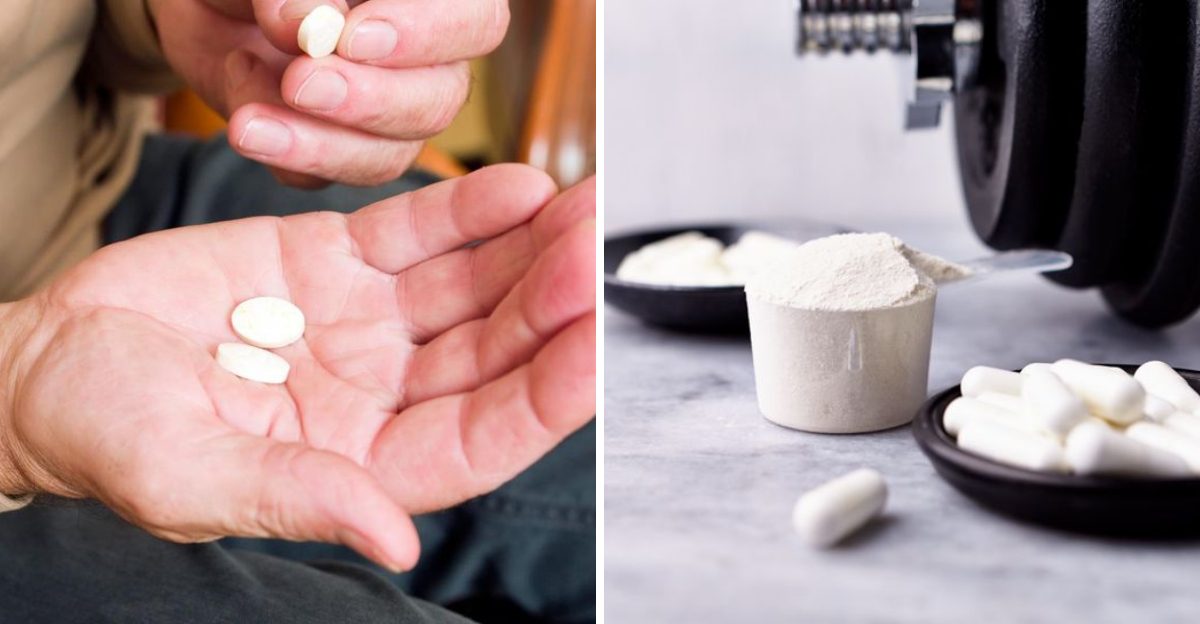
Supplements, while beneficial for various health aspects, can sometimes have unexpected effects. This article explores ten supplements that may negatively impact your blood pressure, providing detailed insights and specific cautions for each.
1. Licorice Root
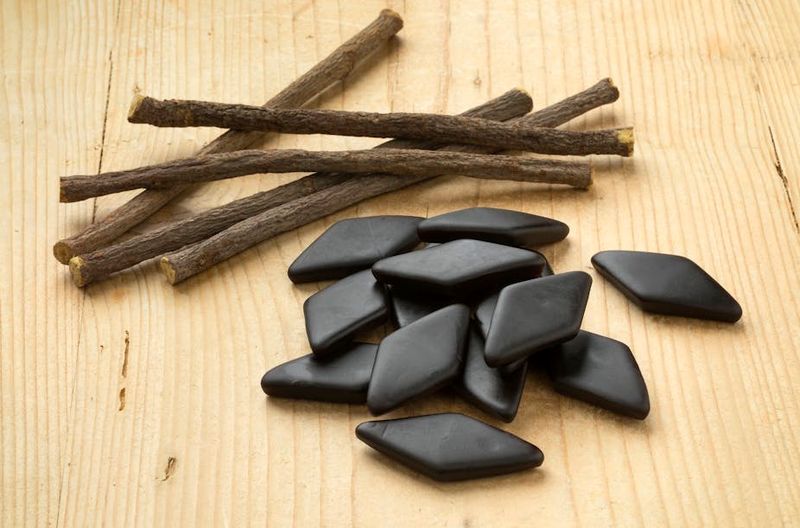
Licorice root is more than just a candy ingredient; it’s a potent supplement that can alter your body’s chemistry. Especially in extract form, it may lead to sodium retention, causing blood pressure spikes. Imagine losing potassium while gaining sodium—your blood pressure may not thank you for such an imbalance. Typically, the effect is more pronounced with black licorice supplements. Those with existing hypertension might feel the pinch more acutely. Historically, licorice root has been used for its anti-inflammatory properties, but caution is advised if you’re monitoring your blood pressure closely.
2. Ginseng

Ginseng, often touted for boosting energy and immunity, holds a hidden side that many don’t see. It’s known for its ability to increase heart rate, which can subsequently raise both systolic and diastolic blood pressure. For some, the energy boost isn’t worth the potential cardiovascular strain. In traditional medicine, ginseng has been a revered root for centuries. However, for those sensitive to blood pressure changes, the invigorating effect could turn into an unexpected challenge. Use with caution, especially if you’re prone to hypertension.
3. Ephedra (Ma Huang)

Ephedra, also known as Ma Huang, is a powerful stimulant once popular in weight-loss supplements. Its ability to spike blood pressure led to bans in many regions. Despite its controversial status, it still appears in some products as a hidden ingredient. Historically used in traditional Chinese medicine, today it’s viewed with caution. For those who come across it, the risk of dangerously high blood pressure is real. If you stumble upon a supplement promising rapid weight loss, checking for ephedra is a wise precaution.
4. Bitter Orange (Citrus Aurantium)
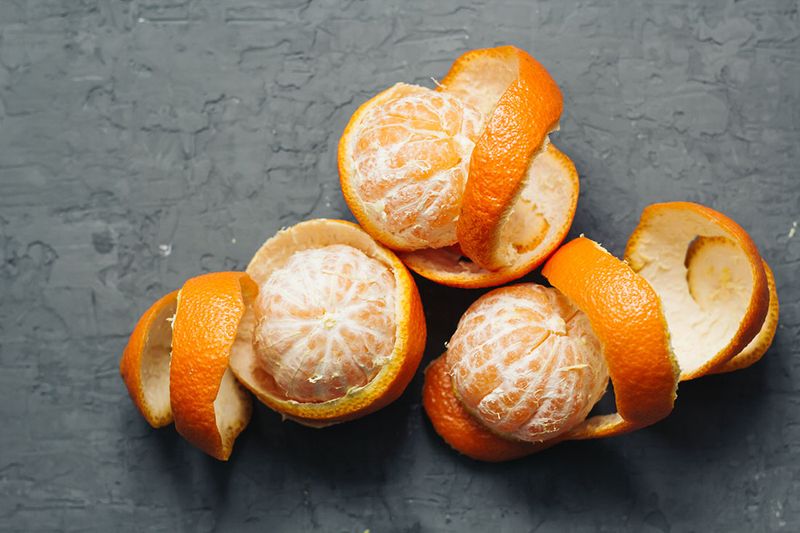
Bitter orange, found in many weight-loss and energy supplements, acts similarly to ephedrine. Its potency in raising heart rate and blood pressure makes it a risky choice for those with cardiovascular concerns. In some cultures, bitter orange is a culinary delight, but in supplement form, it transforms into something more potent. The allure of quick energy and fat-burning must be weighed against the potential cardiovascular strain. If your heart races with anxiety, this might not be the supplement for you.
5. Yohimbe
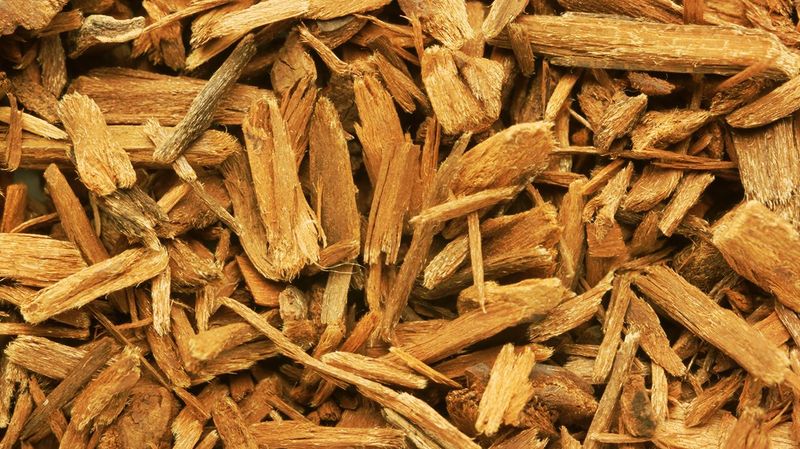
Yohimbe is a powerful herb often used for libido enhancement and fat loss. However, its stimulating effects can cause sharp increases in blood pressure, making it a double-edged sword. Traditional uses in African medicine highlight its potent nature, but modern supplements pack a punch that could be too much. Anxiety-like symptoms may accompany the blood pressure spikes, creating a whirlwind of effects. When considering Yohimbe, balancing its benefits against its cardiovascular risks is crucial.
6. St. John’s Wort

St. John’s Wort is known primarily for mood support, but its interactions with blood pressure medications can be concerning. By reducing the effectiveness of these medications, it may lead to uncontrolled blood pressure. The cheerful yellow flowers hide a complex chemistry that demands respect. If you rely on medication to manage your blood pressure, introducing St. John’s Wort into your regimen warrants caution. It’s a reminder that natural doesn’t always mean harmless, especially when dealing with sensitive health conditions.
7. Creatine
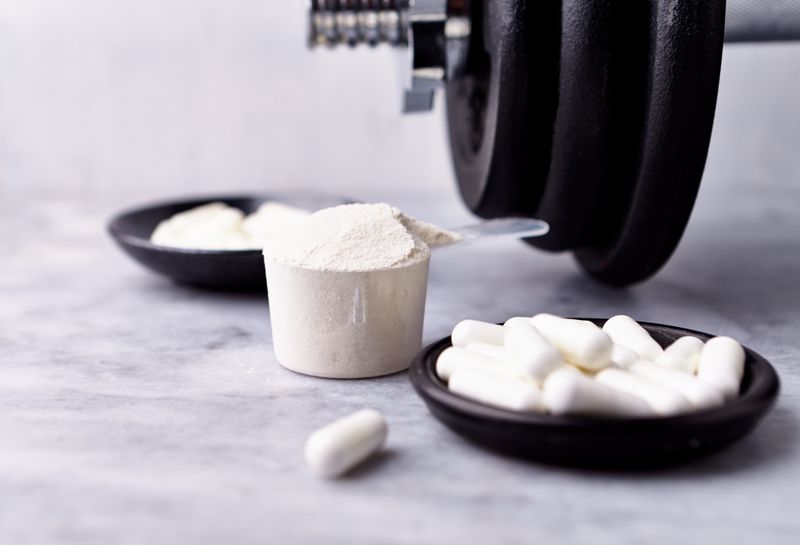
Creatine is a staple in fitness supplements, renowned for its ability to aid muscle growth and recovery. Generally safe, in high doses, it may cause water retention. This retention can lead to slight increases in blood pressure in certain individuals. Athletes and fitness enthusiasts often reach for creatine, but those monitoring their blood pressure should be mindful. While the muscle-building benefits are appealing, the cardiovascular impact requires consideration. Balancing fitness goals with health monitoring is key when using creatine.
8. Caffeine Pills or Green Tea Extracts

Caffeine, especially in pills or concentrated green tea extracts, can temporarily raise blood pressure. For those unaccustomed to high caffeine intake, the effect can be more pronounced. The buzz of caffeine is familiar to many, yet its impact on blood pressure can vary. Historically, tea has been cherished for its soothing qualities, but concentrated extracts are a different story. Monitoring your intake and response is vital, especially if blood pressure is a concern. Moderation remains a crucial factor in maintaining balance.
9. Ginkgo Biloba

Ginkgo Biloba, often praised for enhancing memory and circulation, may interfere with blood pressure medications. For some, this interference leads to unexpected blood pressure spikes. The ginkgo tree, with its storied past, offers much more than meets the eye. It’s essential to consider interactions with existing medications, particularly if you’re managing hypertension. While enhancing cognitive function is appealing, the potential trade-off requires careful consideration. Historical reverence meets modern caution in this ancient supplement.
10. Vitamin E (in high doses)
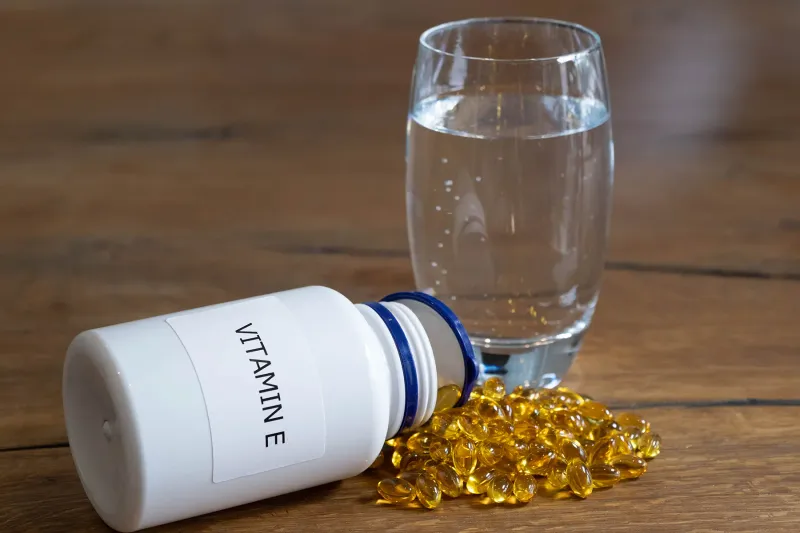
Vitamin E is a vital nutrient, but in high doses, it can disrupt blood clotting and worsen blood pressure control. Typically, doses over 400 IU/day are where concerns arise. For those monitoring cardiovascular health, this common supplement demands attention. The line between beneficial and harmful can blur with excessive intake, making dosage awareness crucial. Understanding how much Vitamin E is right for you is key, especially if you’re managing blood pressure. Balance and moderation ensure that you reap the benefits without unintended consequences.
